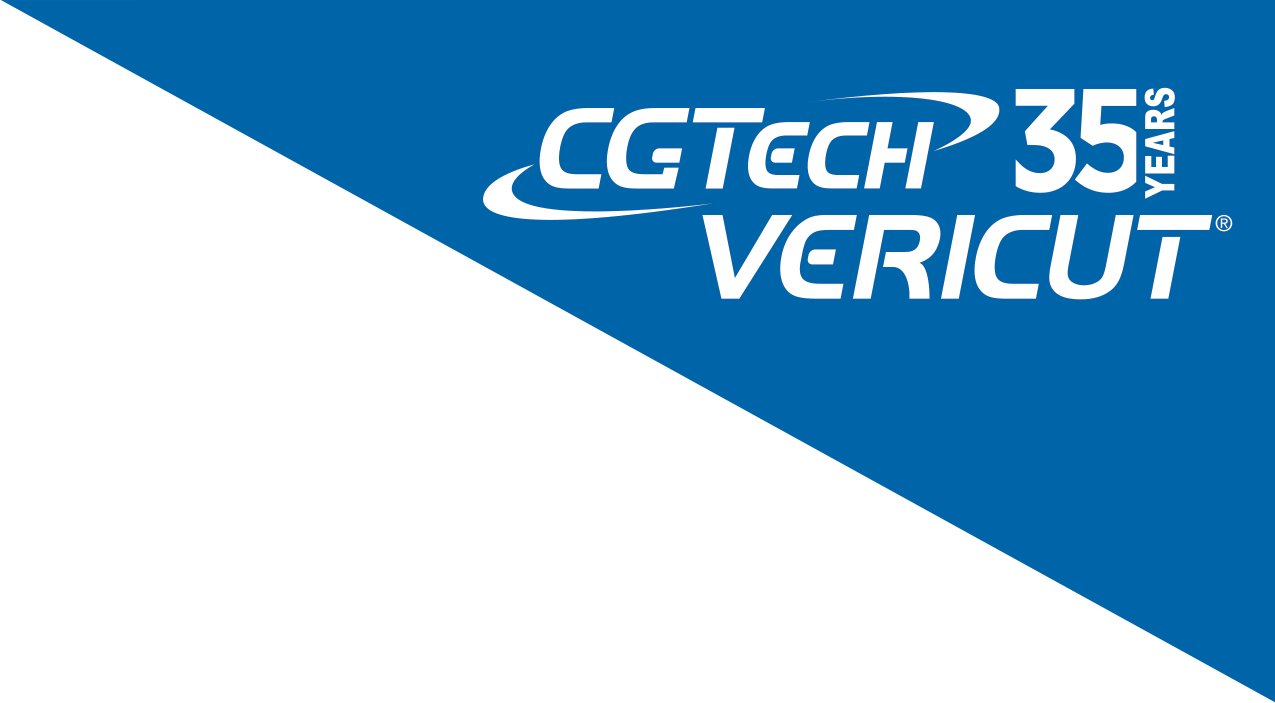
CGTech, the developer of Vericut verification, simulation and optimization software, announced a reseller agreement with Bristol, England-based iComat, pioneer of the first-ever defect-free tape-steering process for composite component production.
The special worldwide arrangement will see iComat sell and support a dedicated version of Vericut VCP/VCS software in support of its patented manufacturing process for composites.
The company has registered notable growth since it began trading in 2019: today the company has almost 30 employees and a branch in Athens. Moreover, iComat has plans to double its headcount in the coming 12 months, a move that will help spur ambitions for further international expansion.
Providing the basis for this success is iComat’s unique composites production process, known as Rapid Tow Shearing (RTS). Due to manufacturing limitations, conventional composite part design relies on straight fibre layers, leading to structures which use more material than necessary and are heavier and more expensive as a result.
In contrast, iComat’s innovative process enables the defect-free steering of composite tapes for the first time. The placement of these tapes along complex load paths delivers highly optimized structures with dramatic weight savings and lower use of raw material in support of cost-effective and more sustainable composite parts.
Industrial cells from iComat comprise a proprietary tape-laying head mounted as an end effector to a state-of-the-art six-axis industrial robot arm, all located inside a safety cell. As part of this solution, programming and virtual simulation will come via a special version of Vericut VCP (Vericut Composites Programming)/VCS (Vericut Composites Simulation) software complete with a new interface specifically for industrial cells ’s technology. iComat will be the exclusive reseller of this software worldwide.
Dr. Dominic Bloom, business development manager at iCOMAT, said “Software is an integral part of our turnkey offer; customers must program and simulate their composite components to unlock optimized designs. CGTech are leaders in this field, so we definitely picked the right partner and know we can make our worldwide reseller agreement a success.”
Adds Olivier Munaux, Composites Product Manager, CGTech: “Our powerful software will drive the world’s only industrial machines that can steer wide composite tapes without defects at fast rates. iCOMAT is pioneering this technology, disrupting the way engineers design composites, so it makes absolute sense for them to be the official global reseller of our RTS-specific Vericut VCP/VCS software. Together, we can push new frontiers in automated composite part manufacturing.”
Among the sectors able to benefit is aerospace. iCOMAT’s ground-breaking solutions deliver the strongest and lightest spars, fuselage panels and control surfaces, for instance. Examples include a 65% lighter lower wing skin compared with existing composite designs. The space industry, notably in launch vehicles and satellites, can also take advantage of central tubes and panels, for example, as weight has a major effect on launch costs.
In the automotive sector, iCOMAT offers the ultimate performance for winning races with the lightest and best aero-performing structures for Formula 1 and other motorsport teams. For road cars, iCOMAT combines its near-net-shape preforms (that reduce waste to almost zero) with low-cost and low-embodied carbon materials, delivering cost-efficient and sustainable solutions.
Contact Details
Related Glossary Terms
- composites
composites
Materials composed of different elements, with one element normally embedded in another, held together by a compatible binder.
- industrial robot
industrial robot
Robot designed for industrial use. Primarily used as a material-handling device but also used for changing tools, assembling parts, and manipulating special tools and measuring devices. Depending on design, an industrial robot can be programmed to perform a task by means of a controller, or it can be “walked” through the required movements by utilizing a digitizing system that translates movements into commands that the robot can be “taught.” See robot; teaching pendant.






